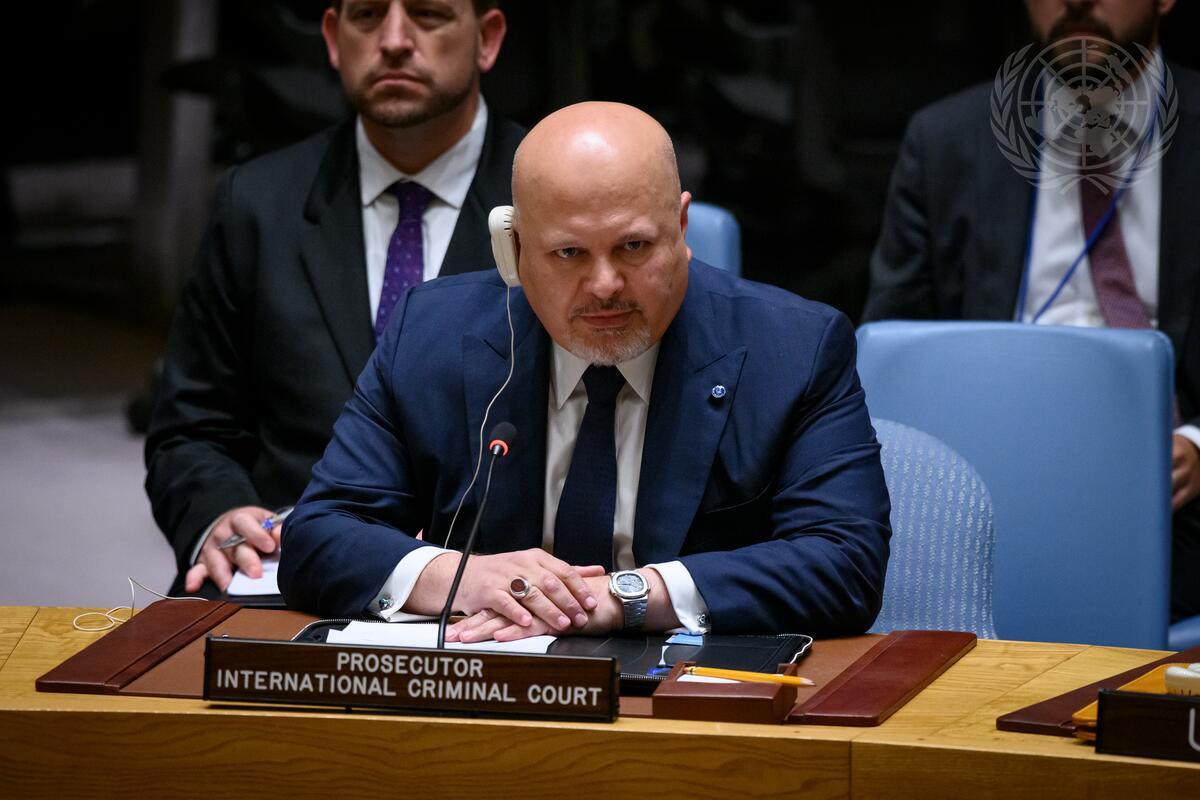
On Thursday, September 22nd, after days of condemnation by various world leaders at the United Nations General Assembly over its invasion of Ukraine, Russia responded. During a UN Security Council session on the Ukraine question, Russia’s Foreign Minister sought to defend against various allegations, such as U.S. President Biden’s accusation that Russia wants to “extinguish” Ukraine. Lavrov instead pinned all blame for escalation in Ukraine on the West.
The Security Council meeting, which brought together top diplomats from Russia, Ukraine, and the U.S., convened to discuss the maintenance of peace and security in Ukraine. As expected, Russian Foreign Minister Sergei Lavrov, used the occasion to offer a very different opinion than the West on the origin and cause of the war in Ukraine.
Lavrov agreed that violations of the UN Charter, which Russia is being accused of but firmly denies, have indeed happened with “impunity” but were not committed by Russia. Instead, he countered that one should look at what happened in 2014, when “radical nationalists,” “Russophobes,” and “neo-Nazis” seized power in Kyiv by a coup d’état, and in this pursuit saw themselves supported by the West.
According the high-ranking Russian diplomat, it was then that
an eight-year period of impunity began. Inhabitants of the Donbas [the eastern-Ukrainian region comprising the pro-Russian People’s Republics of Donetsk and Luhansk] were murdered just because they spoke Russian; all their rights were violated.
According to Lavrov, in 2014 alone Kyiv and Odesa (where dozens of people critical of the newly established central government died, as confirmed by the UN) saw “terrible” crimes, “massacres for which those responsible have never been prosecuted.”
While Kyiv formally denies any discrimination against Russian speakers, Ukraine has long been a linguistic battleground, with the Russian and Ukrainian languages vying for preeminence. Efforts by Russia are currently underway to annex the provinces of Luhansk, Donetsk, Kherson, and Zaporizhzhia (which together constitute about 15% of Ukrainian territory) through referenda. The West and Kyiv have denounced these as a “sham,” as they believe the residents of these regions are being coerced into voting.
Lavrov went on to say that the Minsk peace accords, which sought to bring the fighting in the Donbas between the two Republics of Donetsk and Luhansk and the Armed Forces of Ukraine to an end, have never been taken seriously in Kyiv. Again according to the Russian foreign minister, the former president of Ukraine, Petro Poroshenko (2014-2019), had admitted, that “Minsk [the peace accords] was only there to buy time,” and that the West cynically supports the Ukrainian regime of neo-Nazis. “[Current Ukrainian president Volodymyr] Zelensky is a bastard, but he is our bastard”—that is the reasoning of the West, he added.
Bolstering the Kremlin’s belief that it is at war with NATO (a proxy one for now), Lavrov argued that the countries supplying weapons to Ukraine and training soldiers there are party to the conflict, as they continue to fuel it.
Internationally, the West will never be condemned for this, he said, because the U.S. and its allies—together with human rights organizations—hold the reins in international institutions such as the UN, Lavrov added. “They are not going to judge themselves,” he argued.
As for the massacres by Russian forces in Bucha and, more recently, Izium, he believes that at least the former “was staged,” and that the UN should look into it. In fact, on September 23th, the UN published a report of its investigations into war crimes committed in Ukraine in February and March. It concluded that in the regions of Kyiv (of which Bucha is part), Chernihiv, Kharkiv, and Sumy, war crimes had indeed been committed by Russian as well as Russian-backed forces.
Lavrov also claimed Russia is blameless for the shelling of the Zaporozhian nuclear power plant, saying that it is fully attributable to the work of Ukrainian armed forces.
Besides intransigence, Lavrov equally evinced a lack of decorum. After finishing his speech, he left the room, leaving an empty chair for other Security Council members to confer with. His Ukrainian counterpart, Dmytro Kuleba, poked fun at the move, saying that “Russian diplomats flee almost as quickly as Russian soldiers.” Kuleba slammed the statement of the Russian foreign minister as “lies,” reiterating that Ukraine “never wanted this war and never chose it.”
At the point, it is highly improbable that this encounter will bring about any renewal of diplomacy. And with Russia holding the power of veto as one of the Security Council’s five permanent members, any resolution is dead on arrival.
